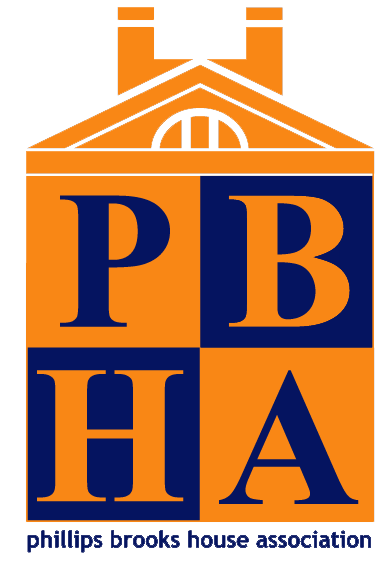PBHA Coordinates Mutual Aid during COVID Crisis
As the coronavirus pandemic continues to spread, disproportionately affecting Black and Brown communities, it’s more important than ever to build community and organize. Mutual aid networks are one great way to build power together. Over the summer, PBHA coordinated mutual aid support in addition to virtual summer camp. SUP staff, directors, and leaders remained committed to centering the needs of campers and families. While virtual summer camp meant minimal food, outdoor or transportation costs, we reallocated these funds to support other growing needs and services as the communities we served continued to weather the effects of the COVID-19 pandemic.Along with delivering academic supplies, wellness kits and technology devices (an iPad or a Chromebook) to each camper, we provided wireless hotspots and internet support to families and staff with unstable Wi-Fi connectivity, shared and connected constituents to mental health resources, and partnered with the Harvard University Employees Credit Union for free financial management resources and workshops. We realized that many of our families were also struggling with food insecurity, and in addition to connecting families in-need to neighborhood food drive sites and mutual aid initiatives, we distributed more than $5,000 in gift cards to local grocery stores to provide some immediate aid. It was important not only to provide a fun and engaging summer learning experience for campers, but also to look after the physical and mental well-being of their families during unprecedented times of hardship and struggle. PBHA’s mutual aid efforts are just one part of a growing network of mutual aid groups operating in the Cambridge/Boston area. Mutual groups continue to operate in major neighborhoods all across the area. In addition, community organizations have been partnering with local mutual aid groups to foster a sense of solidarity and community care. These networks have been growing in cities around the country.While mutual aid networks have been proliferating to help communities organize during the pandemic, they have a long history in the United States. Throughout the nineteenth and twentieth centuries, mutual aid groups have performed a wide variety of social functions from providing healthcare and arranging groceries to defending community members from eviction. During the Great Depression, “fraternity societies” would coordinate health insurance and funeral benefits for their members. These societies were often brought together and amalgamated into trade unions, which advocated for workers rights and economic justice. In the 1960s and 70s, the Black Panthers started numerous community social programs, including a free breakfast program, clothing distribution, free medical clinics, and classes on politics, economics, and history. The recent rise of mutual aid is intimately connected to these radical histories, which offer us lessons on how to continue sustaining relationships in our communities. Mutual aid is especially important in our own political moment because it offers us a way to redistribute resources in a more equitable way in a time where racial and economic inequality is worse than ever. In the wake of the recent Black Lives Matter protests, it is crucial that we support those on the frontlines and those who are serving Black communities. By offering community assistance, mutual aid directly works to address structural and systemic inequalities; joining a mutual aid group or donating to a mutual aid fund is one important way to support the movement. Learn more and make a difference here.
